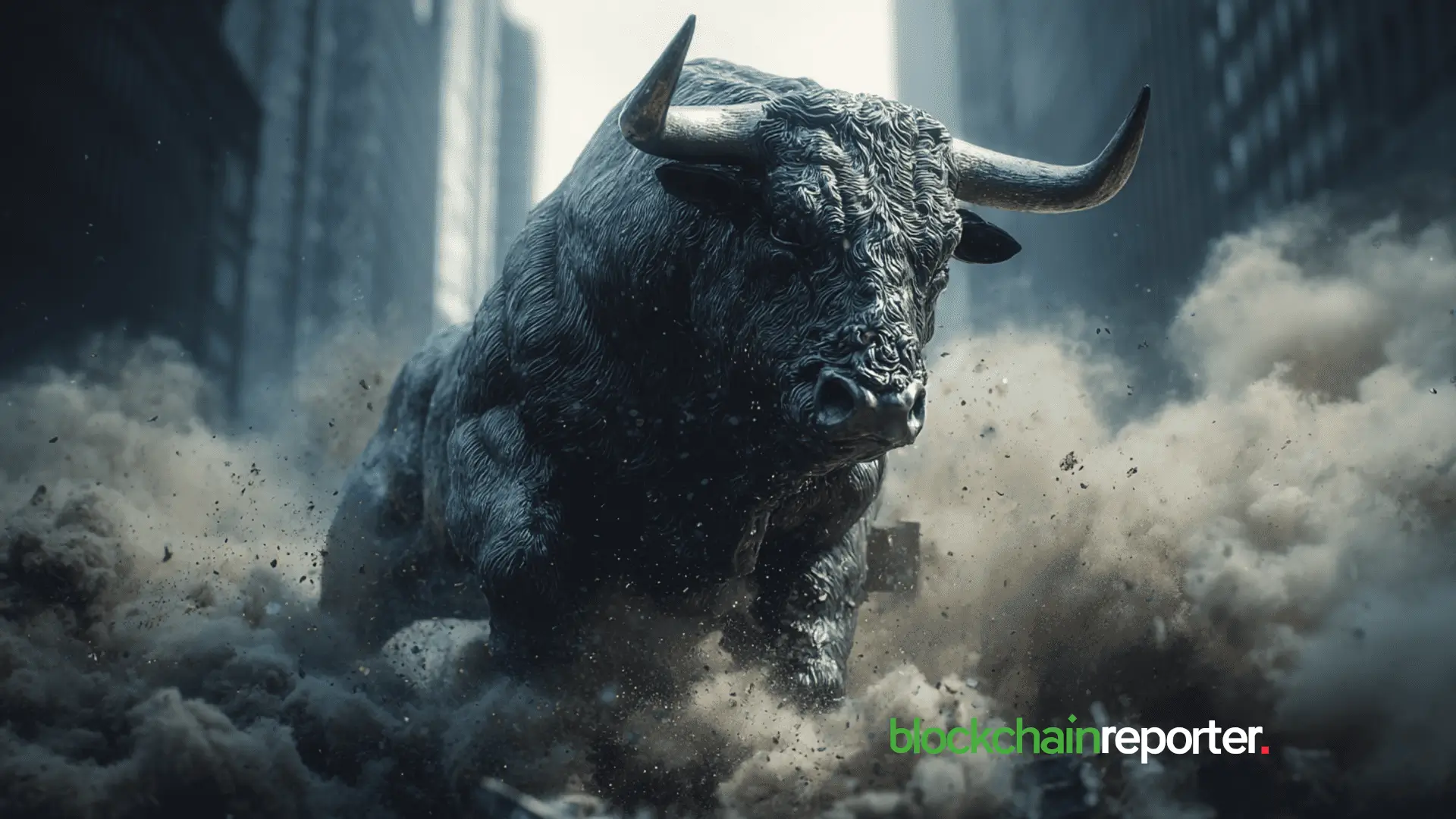The US Federal Reserve’s decision to ease monetary policy is inflating an economic bubble that could drive up the prices of hard assets, but also marks the final phase of a 75-year economic cycle, according to former hedge fund manager Ray Dalio.
Typically, the Federal Reserve eases interest rates when economic activity is stagnating or declining, asset prices are falling, unemployment is high and credit dries up, as seen during the Great Depression of the 1930s or the 2008 financial crisis, Dalio wrote in an article posted to X on Wednesday.
However, the Fed is now easing monetary policy at a time of low unemployment, economic growth and rising asset markets, Dalio wrote, which is typical of late-stage economies saddled with too much debt.
Monetary stimulus is typically injected during times of falling inflation and lower asset prices. Source: Ray DalioThis “dangerous” combination is more inflationary, Dalio wrote, warning investors to keep an eye on upcoming fiscal and monetary decisions.
The continued inflationary pressure and currency debasement are positive catalysts for Bitcoin (BTC), gold and other store-of-value assets, which are seen as hedges against macroeconomic and geopolitical risks, including a reset of the global monetary order.
Related: ‘Debasement trade’ is no longer a debate, and TradFi knows it: Execs
Investors are unsure about Fed’s next move
“There were strongly differing views about how to proceed in December,” Federal Reserve Chair Jerome Powell said in October. “A further reduction in the policy rate at the December meeting is not a foregone conclusion — far from it.”
Over 69% of investors predict a 25 basis-point interest rate cut at the next Federal Open Market Committee meeting in December, according to data from the Chicago Mercantile Exchange.
Target rate probabilities for the December FOMC meeting. Source: CME GroupThe Fed slashed interest rates by 25 basis points in October, but the cut, which would usually be a positive price catalyst for crypto assets, failed to lift markets.
The rate cut was “fully priced in” by investors, who widely anticipated the decision ahead of the meeting, according to Matt Mena, a market analyst at investment company 21Shares.
Magazine: China will intensify Bitcoin bull run, $1M by 2028: Bitcoin Man, X Hall of Flame
Source: https://cointelegraph.com/news/ray-dalio-fed-stimulating-economy-bubble?utm_source=rss_feed&utm_medium=feed%3Fnc%3D1762522877187%26__%3D1762522877187%26_refresh%3Dlksv8k&utm_campaign=rss_partner_inbound


